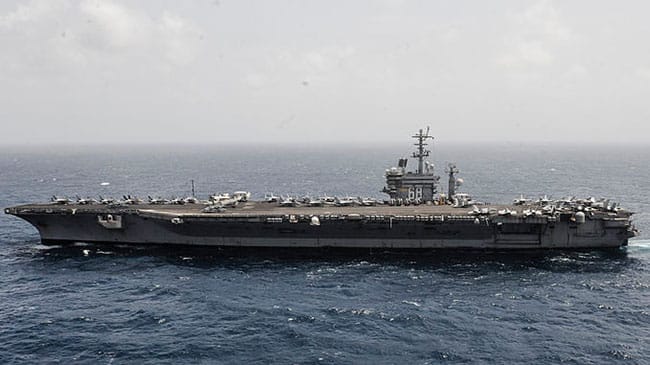The word “strategic” has become cliché—not unlike the nuisance word “awesome.” Even the Harvard Business Review heralds its cartoon section “Strategic Humor.” Really? Not!
What does “strategic” actually denote? Typically, the following:
- Value driven
- Big picture
- High priority
- Expensive
- Nonroutine
- High risk
- Organizationwide
- Long term
- Relatively irreversible
In order to convey the meaning of “strategic” to both clients and students, one of my favorite contrasts relies on a naval juxtaposition: destroyers versus aircraft carriers. (During 1967-69, I was a line officer in a destroyer; much of our time at sea was spent plane-guarding for carriers in order to recover downed pilots.) For a warship, a destroyer can turn on a dime—and reverse its turn on a dime. When trying to turn a carrier, however, a seeming eternity takes place before the behemoth actually swings in the desired direction. And to undo a change in direction once started takes even longer.
The lesson? Turning a destroyer is tactical; turning an aircraft carrier is strategic. So, best to guess right when deciding to change a carrier’s course.
In truth, the naval ship contrast was more accurate before the explosion of digital technologies and especially the Internet. Now a strategist is almost faced with the dilemma of maneuvering an aircraft carrier as though it were a destroyer. Almost. Or perhaps a better take is to replace the carrier image with a flotilla of destroyers that self-organize and adapt as one—a distributed solution that need not rely on centralized direction. Rather like the difference between strategy formulation (top-down, periodic and comprehensive) versus strategy formation (on the fly and flexible, as new opportunities and constraints continuously emerge).
As technologist Paul Baran observed way back in the 1960s, the dominant form of electronic networks—at the time, centralized (read “mainframe”)—would gradually evolve toward decentralized and especially distributed. The times, they have freakin’ changed big-time.

























